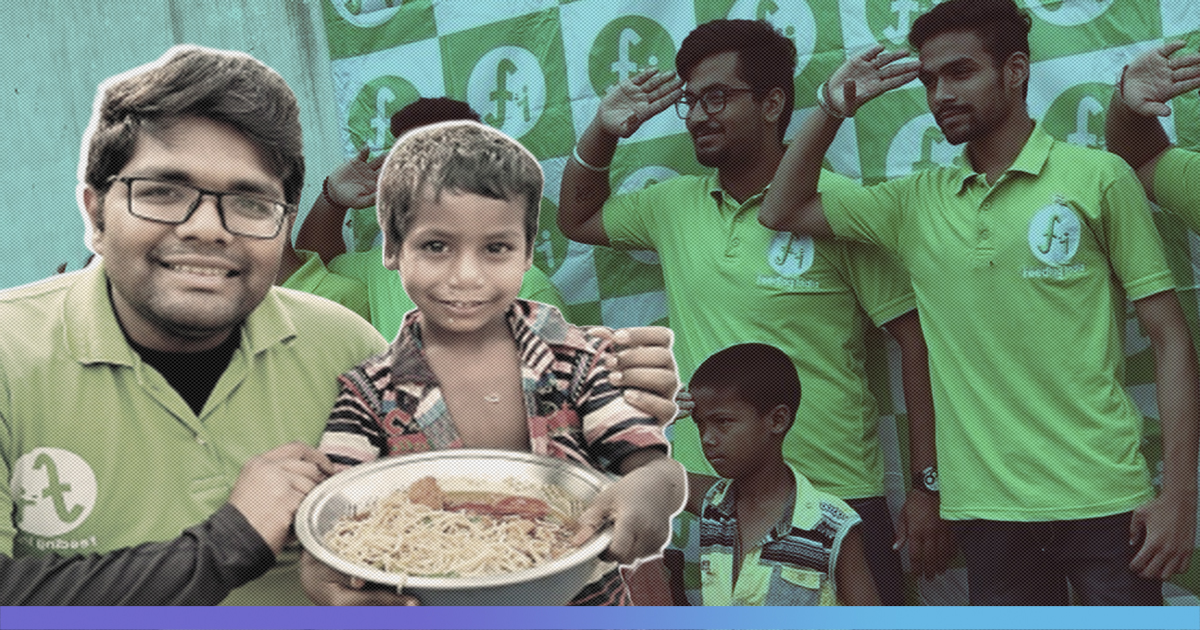Travel Food Services (TFS), a company that runs 70 restaurants, lounges and food and beverage outlets at Mumbai and Delhi airports has collaborated with an NGO – Feeding India, to donate the excess and unsold food left behind to “hunger centres” of both the cities.
The flow of passengers sometimes leads to a shortage of food on some days and excess on others. In the case of excess food, a food truck pulls into Mumbai and Delhi airports every day to collect the unsold food and distribute it among the needy and starving.
This initiative began in October 2018 in Mumbai and in January 2019 in Delhi. In Mumbai, the food is distributed to a welfare society in Goregaon. Ankit Kawatra, founder of Feeding India started the NGO in 2014. He was a guest at a lavish wedding in 2014 where he understood from the caterer that food which can be served to thousands was wasted.
After this experience at the wedding, Kawatra quit his job at a global business advisory firm and set up ‘Feeding India’ which collaborated with restaurants and airports to feed the hungry.
“We plan to expand the tie-up with Feeding India to airports in Bengaluru, Chennai, Kolkata and Goa this year,” Gaurav Dewan, COO and Business Head, TFS told The Times Of India.
He said that the company donates nearly 2000 to 3000 meals per months from the two airports. The food is tested and is put together as a balanced meal with curry, vegetable, rice, roti, one beverage and on some days, desserts.
“At every airport, we cater to various flight times and various traffic peaks and off-peaks. Since there is no specific pattern to flight delays and cancellations, every day we end up with extra meals. We have been donating 1000-1500 meals per month from each of the airports,” Dewan added.
“In western countries, it’s a standard norm for airlines and airports to donate excess food. But there is a lack of awareness in India. With our partnership with Mumbai and Delhi airports, we hope to reach airlines too,” Kawatra said.
“Before we pick up the food, we make sure it is fresh and unused. There are certain quality checks like pH value that we take into consideration. Also, the beneficiary must be located within a radius of 5km so that transportation time is shorter and the food is consumed within 90 minutes,” he added.
To combat food wastage and food crisis in India, Feeding India also created a connecting link – the Community Fridges. The team had set up a few community fridges in localities in and around Delhi and NCR in 2018. Whenever there was excess food at home, people deposited it in these fridges and anyone who is hungry could access the same at any time of the day. The campaign still continues to garner an overwhelming response.
Also Read: ‘Hunger Heroes’ Are Feeding India’s Poor With Excess Food











